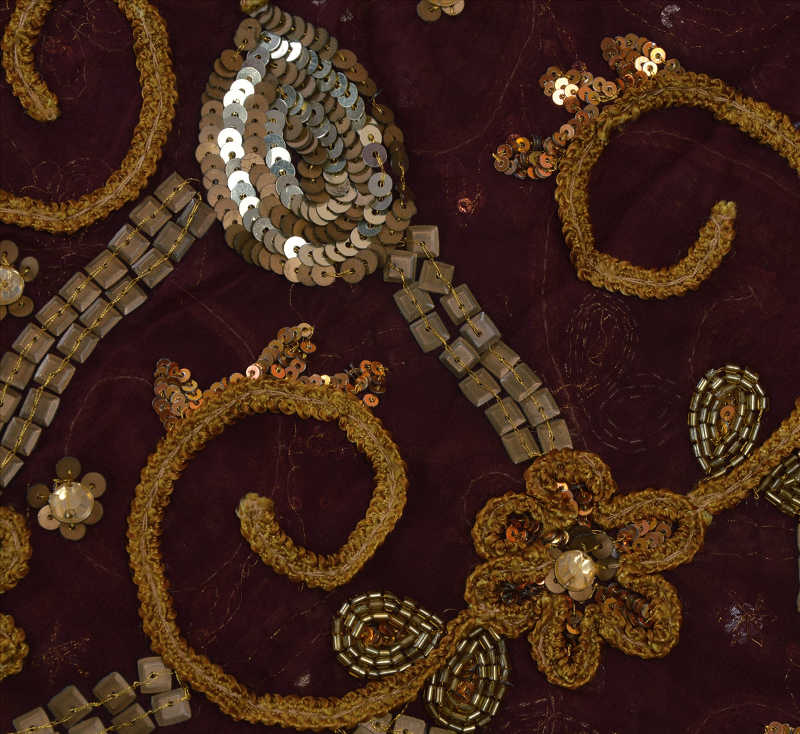===
0693,
9
===

=== |
 |
bāre kal ṭhahr gaʾe z̤ālim-e ḳhūñ-ḳhvār se ham
munṣifī kīje to kuchh kam nah jigar ham ne kiyā
1) {at length / somehow or other} yesterday we stayed/settled/resolved with the blood-drinking tyrant
2a) if justice would be done, then we showed no small amount of courage
2b)
if justice would be done, then we showed some small bit-- didn't we?!-- of courage
ṭhaharnā : 'To stand; to stand still; to stand firm; to be stationary; to be fixed; to be stopped; to be congealed, be frozen; to stop, rest, pause, cease, desist; to stay, remain, abide, wait, tarry; to last, endure; to be ascertained, be proved, be established; to be settled, be agreed upon, be concluded; to be fixed on, be determined, be resolved'. (Platts p.365)
kīje = an archaic form of kī jāʾe
FWP:
SETS
MOTIFS == LIVER
NAMES
TERMS == UNDERSTATEMENTThe second line ought to be, straightforwardly, 'We showed no small amount of courage' (2a). But would this be the kind of 'understatement' SRF speaks of? The understatement and the idiomatic quality he praises are probably better reflected by treating nah as a colloquial interjection (2b) than by taking it straightforwardly.
What exactly did the speaker do, that required that amount of courage? The many possibilities of ṭhahrnā (see the definition above) open up a range of meanings, from 'I stayed with her' through 'I fixed terms with her' to 'I endured being with her'. Needless to say, they all required courage, and since she was a 'blood-drinker', that courage is enjoyably expressed by boasting (just a bit, understatedly) about one's 'liver', which in the ghazal world is the source of fresh blood.
Might there also be a third possibility for the second line? Perhaps kuchh kam nah jigar ham ne kiyā could also be taken as 'We showed somewhat insufficient courage, didn't we?'. I'd like to think so, but I'm not sure. The idiomatic possibilities are too suble for me to judge.